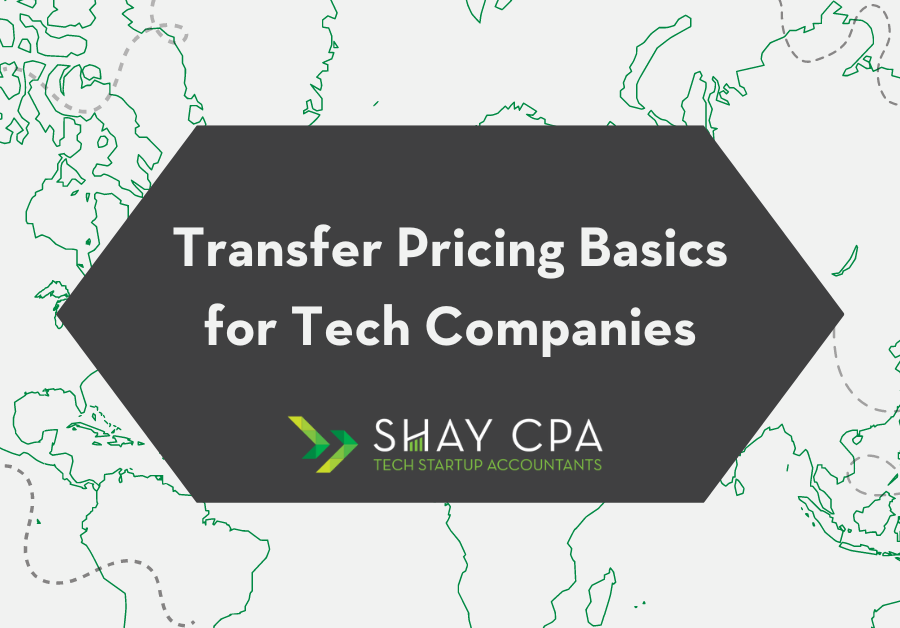As an early-stage tech company, expanding your operations overseas can provide access to new markets and tap into a global talent pool. However, hiring software developers and engineers in foreign countries requires having a transfer pricing agreement in place.
What is transfer pricing?
Transfer pricing involves pricing goods, services, and intangible property transferred within a company. For early-stage tech companies expanding overseas, it refers to pricing goods or services transferred between the company’s domestic and foreign entities. This process can impact a company’s tax liability and compliance with tax regulations in multiple countries.
Why is a transfer pricing agreement necessary?
When early-stage tech companies expand operations overseas and a foreign entity pays for services provided by a domestic entity, it can create tax implications in both countries. This is where a transfer pricing agreement becomes crucial.
A transfer pricing agreement helps establish the fair market value of services provided by the domestic entity to the foreign entity. It ensures the company pays the appropriate amount of taxes in each country and complies with local tax regulations. Without a transfer pricing agreement, a company could be subject to double taxation or may pay too little or too much tax in one or both countries.
In addition to tax compliance, a transfer pricing agreement minimizes tax liabilities. By determining a fair market value for services provided, a company can potentially reduce the amount of tax paid in one or both countries, which is especially important for early-stage tech companies, where every dollar counts.
What are the key components of a transfer pricing agreement?
A transfer pricing agreement typically includes the following key components:
- Description of the services provided
- The method used to determine the transfer price (e.g., comparable uncontrolled price, resale price, cost-plus, profit split)
- Documentation requirements
- Record-keeping requirements
- Penalty provisions for non-compliance
While specific details vary depending on the company’s circumstances, working with a tax advisor or transfer pricing specialist ensures the agreement complies with local regulations and provides the necessary protection for the company.
The importance of transfer pricing agreements
For early-stage tech companies expanding overseas, hiring software developers and engineers is a critical part of the growth strategy. However, to comply with tax regulations and minimize tax liabilities, having a transfer pricing agreement is essential. By establishing a fair market value for services provided, a company can potentially reduce tax payments in one or both countries.
Working with a tax advisor or transfer pricing specialist can ensure the agreement provides the necessary protection. Reach out to us for expert assistance in establishing transfer pricing agreements tailored to your tech company’s needs.

